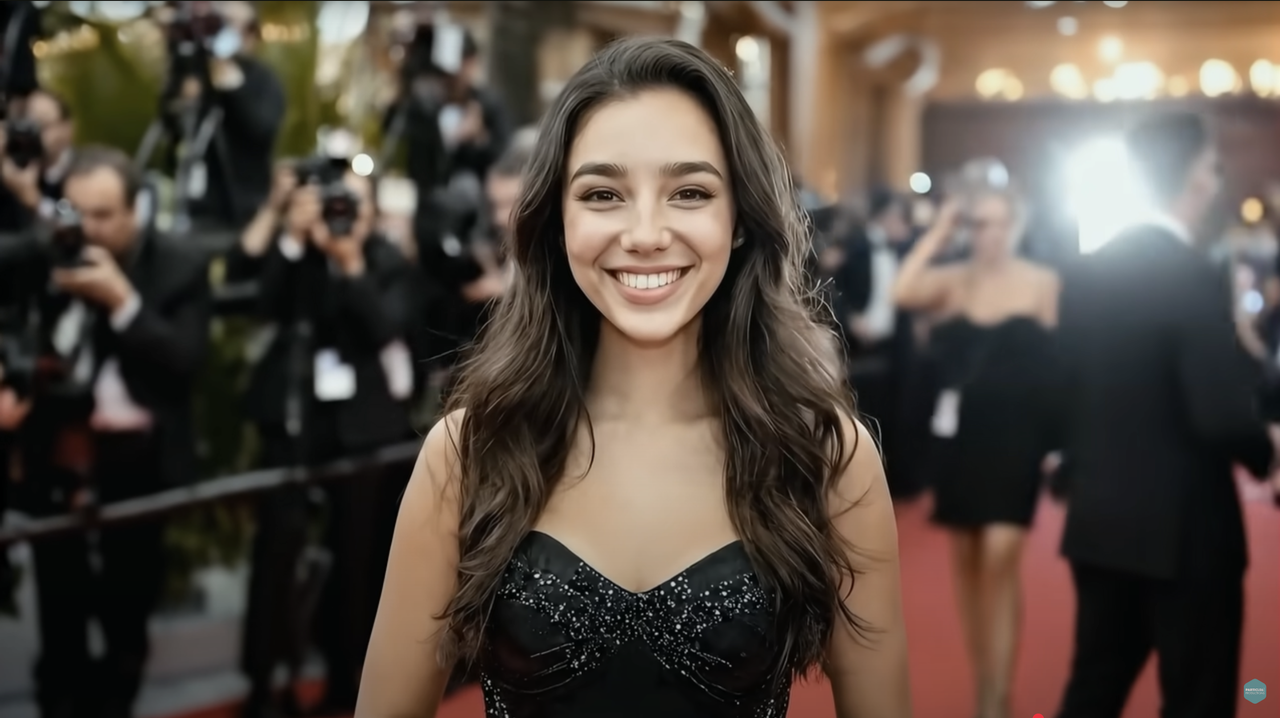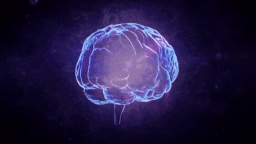
Remember when Black Mirror felt like sci-fi? When you'd watch an episode about people rating each other on apps, or politicians having sex with pigs, and you'd think, "Thank goodness none of that was real"?
Well, have I got news for you. We've officially caught up with writer Charlie Brooker's nightmares. And increasingly, we seem to be overtaking them.
Last weekend at the Zurich Film Festival, Eline Van der Velden – the founder of Particle 6 Productions – announced her "AI-generated actress", Tilly Norwood, is about to "sign with" a Hollywood talent agency. Not a real person. An algorithm in a frock. And multiple agencies are apparently competing for the privilege. (This is not an example of using AI properly – but here are some tips for doing so)
Let me repeat that, so it sinks in. Hollywood talent agents, actual human beings whose job it is to represent actual human beings, are falling over themselves to sign a computer program. Tilly Norwood has an Insta account. She has a showreel. She's made her "acting debut" in a comedy sketch. And if Van der Velden gets her way, she'll be "the next Scarlett Johansson or Natalie Portman".
But here's where it gets properly weird, where the creative world starts eating its own tail. Norwood's debut was in a parody sketch called "AI Commissioner," which imagines a dystopian future where formats write themselves and creative decisions are made by machine learning models.
It's meant to be satire. The problem is, it's not satire. It can't be satire. It's the actual thing. And it's way more convincing than the AI failures in these ads – this looks real.
I've watched this sketch three times, and each viewing has left me more confused than the last. My brain keeps trying to find the joke, the wink to camera, the moment where the artifice is revealed and we can all have a good laugh. But that moment never comes. Because there is no wink.
The sketch features an AI actress warning us about AI actresses. It's like watching a recording of someone warning you that recordings aren't real. This is what it feels like when reality stops making sense.
Cognitive whiplash
When I first started working in the creative industries, the fundamentals seemed solid. You needed talent, you needed training, you needed to put in the hours. You needed to be, you know, an actual person. Those weren't just conventions; they felt like laws of nature, as irreversible as gravity.
Now? Now I'm watching an algorithm play-act at being human whilst simultaneously commenting on the dangers of algorithms play-acting at being human. And I'm supposed to... what, exactly? Applaud?
I suspect this cognitive whiplash is going to become increasingly common. Not just for 1970s-born dinosaurs like me, but for everyone. Increasingly, I predict the ground will start shifting beneath our feet, until the very concepts of "ground" and "feet" become debatable.
Yesterday's satire is today's pitch meeting. Today's "just exploring the tech" is tomorrow's standard practice. So what are we supposed to do with all this? Just watch AI kill the other creative industries as it's already killing music?
What this all means

Make no mistake: if AI actors gain traction, they're coming for writers next. Then directors. Then producers. Then the entire apparatus of creative production will be up for grabs.
Eline Van der Velden insists that AI is "just another tool – a new paintbrush". But a paintbrush doesn't replace the painter. It doesn't have an Instagram account or a talent agent. A tool extends human capability; it doesn't simulate human existence and then compete with us for work.
The real problem here isn't ultimately tech, of course; it's economics. Studios are embracing AI because they've always wanted to eliminate the most expensive and troublesome element of production: us.
Humans want fair pay. We get tired. We have opinions. We form unions. An AI actor is the ultimate scab; never late, never argumentative, never asking for a pay rise, and available for infinite sequels.
Time to fight back
So how do we fight back? Well, one thing we can do is make the cost of using AI so high (reputationally, legally, ethically), that it's not worth the cost savings. We can refuse to work alongside AI replacements. We can name and shame the agencies that represent them. We can support unions that draw hard lines in the sand. And we can make sure that when our work is used to train these systems, we get compensated fairly.
And if we don't? We'll wake up one morning and discover that the entire creative economy has been replaced by algorithms wearing our faces, whilst we watch from the sidelines wondering how it all happened so quickly.







